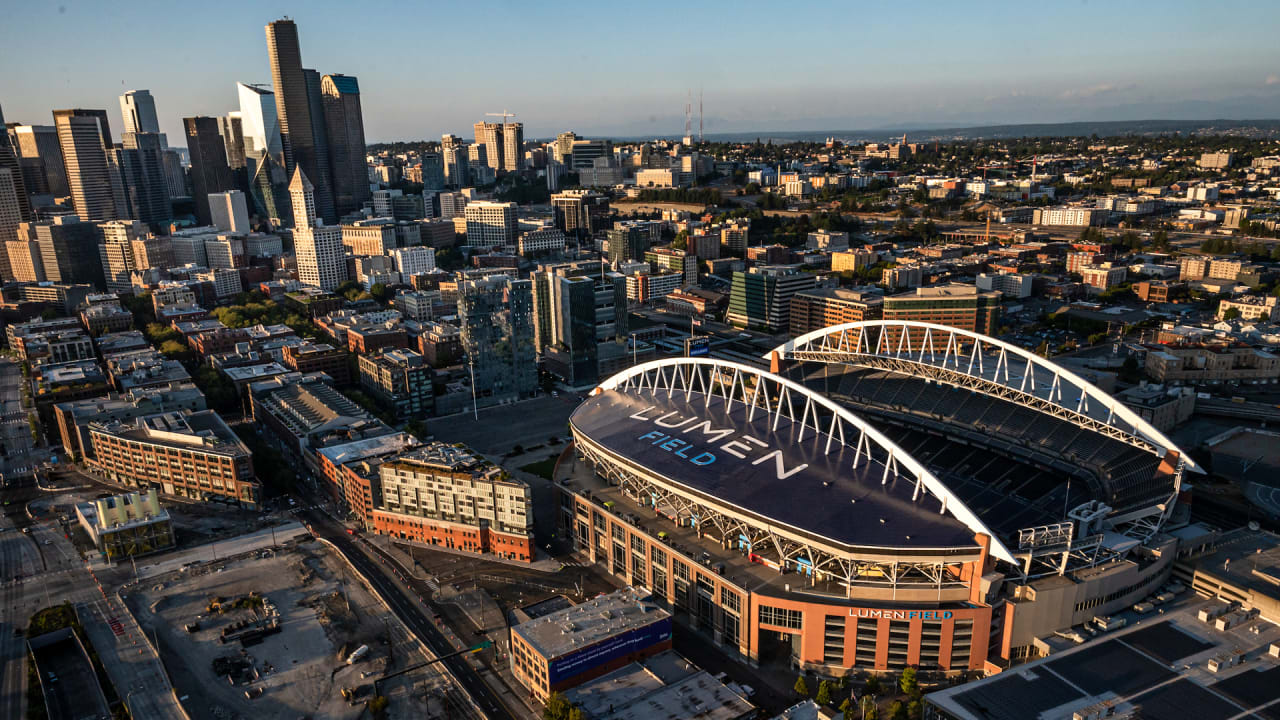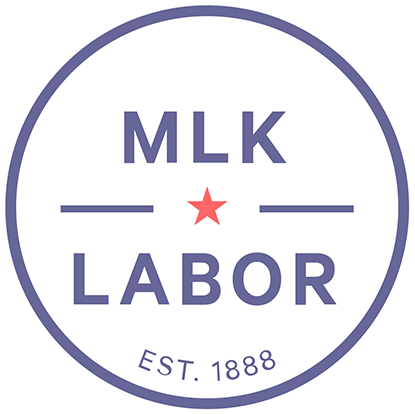June 16, 2022
FIFA’s choice of Seattle to host games follows local officials’ meaningful commitments to leading labor and community groups
Seattle’s unions and worker organizations join soccer fans in celebrating our selection as a host city for the 2026 FIFA World Cup. The World Cup will showcase Seattle as a world-class city with among the most passionate soccer cultures in the United States.
In addition to the excitement around the games themselves, unions are celebrating the jobs and economic activities that will come with hosting this major event.
“The Labor Community celebrates the World Cup coming to Seattle. This is an opportunity to showcase everything our community has to offer. These games will bring a massive inflow of tourism and economic investment but we need to make sure that this benefits everyone in our community through good jobs and fair union contracts. We will continue our work with Seattle’s elected leaders and the host committee to ensure these games benefit everyone,” said MLK Labor Executive Secretary-Treasurer Katie Garrow.
Throughout the bid process, the labor community has worked closely with the SEA 2026 bid committee in developing a Human Rights Plan with strong commitments to labor rights at the World Cup. These plans were required by FIFA and detailed how each city would minimize negative impacts and maximize opportunities from the games, including by protecting workers and human rights. After discussions with the bid committee, Seattle submitted a detailed human rights plan to FIFA outlining their intention for fair wages, targeted local hiring, strong health and safety protections, and more.
“We’re proud to host one of the world’s greatest sporting events, but also mindful of the short-term and long-term impacts for our region,” said Larry Brown, President of the Washington State Labor Council, AFL-CIO. “We have spent several years building power and developing a good working relationship with SEA 2026 around the 2026 World Cup bid. Our hope is that we serve as a model for other cities who won their bids, especially cities who have not yet prioritized human rights and benefits for workers and local communities.”
Seattle unions are allies of the international coalition Dignity 2026. The coalition has been in contact with FIFA for months regarding the expectation of minimum standards. In December, the groups released an open letter to FIFA demanding the governing body commit to a series of minimum labor and human rights standards and agree to negotiate with national human rights stakeholders. After a breakthrough in stalled talks as reported in The Guardian, Dignity 2026 sat down with FIFA on April 27, 2022. Though talks were promising, FIFA has not set minimum standards, leaving host cities responsible for making up the gaps.
“FIFA has key responsibilities to uphold human rights and lift labor standards, as one of the richest and most powerful non-governmental organizations on the planet,” said Cathy Feingold, Director of the International Department at the AFL-CIO. “I’m glad that FIFA is now in regular talks with our coalition. But FIFA is still far from acknowledging the full extent of its obligation to consult and partner with our national movements, and has not yet committed to respect and support the local communities and workers who will make these games possible.”
The demands of FIFA have been consistent over the course of the coalition’s correspondence. Groups have repeatedly called for FIFA to commit “to be bound by a detailed set of minimum standards,” including:
- Fair living wages
- Strong workplace health and safety protections
- Targeted local hiring
- Responsible contractor bid requirements
- Agreements that give workers a voice & reduce labor conflict
- Strong investigation and enforcement mechanisms, among other things.
Concerns about FIFA’s approach to labor and human rights issues at the 2026 World Cup are in part based on the track record of human and labor rights abuses alleged at past World Cup events, including but not limited to the 2022 World Cup in Qatar, the 2018 World Cup in Russia, the 2014 World Cup in Brazil and the 2010 World Cup in South Africa. Given this history, it is incumbent upon FIFA to establish new standards that demonstrate its intention to correct course and put greater emphasis on human and labor rights at the 2026 World Cup.

